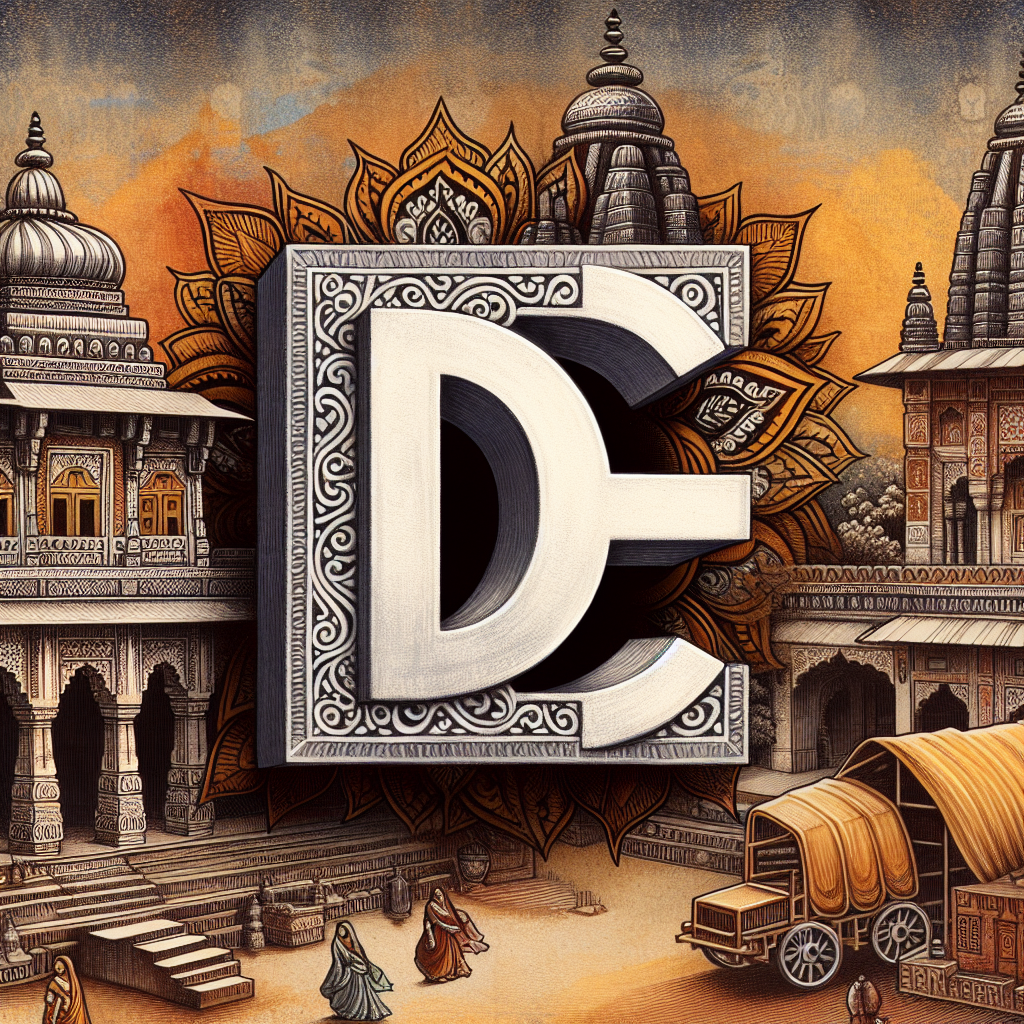dc gujarat
March 12, 2025Understanding DC Gujarat: A Comprehensive Overview

Gujarat, a state on the western coast of India, is known for its rich history, vibrant culture, and significant economic contributions to the country. Among the various facets of Gujarat’s development, the role of District Collectors (DCs) is pivotal. This article delves into the responsibilities, challenges, and impact of District Collectors in Gujarat, often referred to as “DC Gujarat,” and how they contribute to the state’s governance and development.
The Role of District Collectors in Gujarat
District Collectors, also known as District Magistrates, are the chief administrative and revenue officers in a district. In Gujarat, as in other Indian states, they play a crucial role in implementing government policies, maintaining law and order, and facilitating development projects. Their responsibilities are multifaceted and include:
- Administrative Functions: Overseeing the implementation of government schemes and policies at the district level.
- Revenue Collection: Managing land revenue and other government taxes.
- Law and Order: Coordinating with police and other agencies to maintain peace and security.
- Disaster Management: Leading efforts in disaster preparedness and response.
- Developmental Activities: Facilitating infrastructure projects and social welfare programs.
Challenges Faced by District Collectors in Gujarat
Despite their significant role, District Collectors in Gujarat face numerous challenges. These include:
- Resource Constraints: Limited financial and human resources can hinder effective administration.
- Bureaucratic Hurdles: Navigating complex bureaucratic processes can delay project implementation.
- Political Pressure: Balancing political interests with administrative duties can be challenging.
- Rapid Urbanization: Managing the effects of rapid urban growth, such as infrastructure strain and environmental concerns.
- Social Issues: Addressing issues like poverty, education, and healthcare in diverse communities.
Case Studies: Successful Initiatives by DCs in Gujarat
Despite these challenges, many District Collectors in Gujarat have initiated successful projects that have significantly impacted their districts. Here are a few notable examples:
1. The “Beti Bachao, Beti Padhao” Campaign in Surat
In Surat, the District Collector spearheaded the “Beti Bachao, Beti Padhao” campaign to improve the declining child sex ratio. Through community engagement, awareness programs, and strict enforcement of laws against female foeticide, the district saw a marked improvement in the sex ratio over a few years.
2. Water Conservation Efforts in Kutch
Kutch, a district prone to droughts, benefited from innovative water conservation projects led by the District Collector. Initiatives such as rainwater harvesting, check dams, and community water management systems have significantly improved water availability and agricultural productivity in the region.
3. Digital Governance in Ahmedabad
The District Collector of Ahmedabad implemented a digital governance model to streamline administrative processes and improve service delivery. By leveraging technology, the district improved transparency, reduced corruption, and enhanced citizen engagement.
Statistics: The Impact of District Collectors in Gujarat
To understand the impact of District Collectors in Gujarat, it’s essential to look at some key statistics:
- Economic Growth: Gujarat’s GDP growth rate has consistently been above the national average, with district-level initiatives contributing significantly to this trend.
- Infrastructure Development: Over the past decade, Gujarat has seen a substantial increase in infrastructure projects, many of which were facilitated by proactive District Collectors.
- Social Indicators: Improvements in literacy rates, healthcare access, and gender equality can be attributed to effective district-level governance.
The Future of District Administration in Gujarat
As Gujarat continues to evolve, the role of District Collectors will remain crucial. Future challenges and opportunities include:
- Technological Integration: Embracing digital tools for better governance and service delivery.
- Sustainable Development: Balancing economic growth with environmental conservation.
- Inclusive Growth: Ensuring that development benefits all sections of society, particularly marginalized communities.
Conclusion: The Indispensable Role of DC Gujarat
District Collectors in Gujarat are at the forefront of the state’s governance and development. Their ability to navigate complex challenges, implement innovative solutions, and drive positive change is indispensable. As Gujarat continues to grow and develop, the role of these dedicated administrators will be more critical than ever. By understanding their contributions and challenges, we can better appreciate the intricate workings of district administration and its impact on the broader socio-economic landscape of Gujarat.
In summary, “DC Gujarat” is not just a term but a testament to the hard work and dedication of those who strive to make a difference at the grassroots level. Their efforts ensure that Gujarat remains a beacon of progress and prosperity in India.
